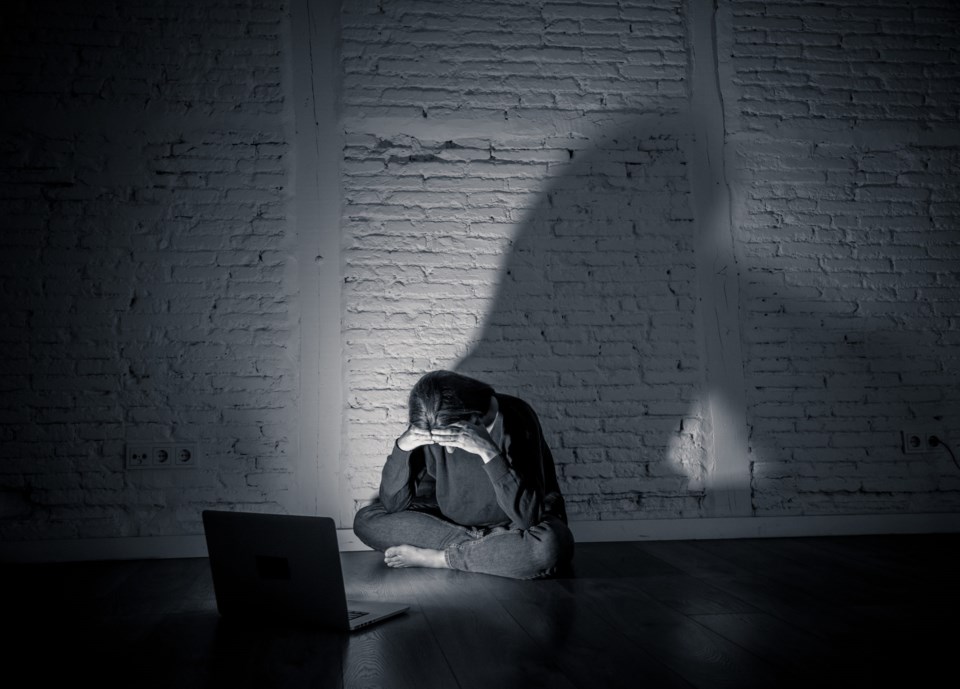“I just wanted to whole-heartedly express how much I hope that all propagandists like you get brutally raped before being lynched and strung up from the nearest sturdy tree or lamp post. You are a traitor to your nation and your people… Remember, kill the traitors before the enemy.”
“Do you or any of the other leftist anti-American anti-White c***s you know you have Ebola or Zika? If so, what is the rate you are spreading diseases like that to your host country? Thanks in advance, The ‘You should have kept your fuckin mouth shut’ Team.”
“A number complaints have come in about a slanty-eyed little c**t who’s been running around carrying out anti-white, anti-Canadian, anti-Western and anti-Black attacks… and guess who the dirt-eating little Wuflu c**t was: Yep, YOU.”
These are just a sampling of the dozens of emails and online comments that have been sent to female journalists recently.
A growing problem for several years now, the harassment and threat campaign ramped up after Maxime Bernier, the former Conservative cabinet minister-come-founder of the People’s Party of Canada urged his followers via Twitter to “play dirty” with journalists. He included the names and email address of three journalists in particular.
Journalists don’t like to become the story. It says something about the level and degree of threats that many have gone public.
The Coalition for Women in Journalism has documented threats and harassment against at least 19 journalists since Bernier sent the social media missive the platform ultimately demanded he delete.
But Bernier’s whistle call is hardly the first. The hate campaigns carried out against media in Canada and elsewhere are part of a much larger and organized disinformation campaign aimed at ensuring people have no trust in their government or their media.
And it’s working. Once a hallmark of far-right extremists, glaringly fake news is being shared on social media by friends, family, neighbours. Every day I see far-out conspiracies passed around like funny memes, from people who refuse to subscribe to a legitimate news outlet because “fake news.”
I see MPs and MLAs and mayors and activists of every stripe attack journalists and media outlets for articles they didn’t like, or that didn’t reflect their world view and theirs alone.
The idea that there is some grand national media conspiracy is laughable to anyone who has tried to so much as order election night pizza for a newsroom.
The idea that the populace is being targeted by some grand political conspiracy persists, at least in part because that’s much more exciting, isn’t it, than actually learning how to spot fake news or check too-bad-to-be-true articles at any of the many sites dedicated to doing so.
Canada had the dubious honour of the most reported cases of harassment against female journalists in the world in September, according to the Coalition for Women in Journalism.
The Canadian Association of Journalists and a broad coalition of Canadian media organizations have issued a statement about the online abuse.
“While criticism is an integral part of journalism and democracy, there can be no tolerance for hate and harassment of journalists or for incitement of attacks on journalists for doing their jobs,” says the statement signed by 19 outlets. “That these attacks inordinately target women and racialized journalists speaks to the motivation of the people engaging in this behaviour.”
The CAJ has appealed to authorities to take action.
“Efforts to intimidate journalists from asking tough, serious questions is a tactic ripped directly from the pages of the authoritarian playbook,” wrote president Brent Jolly. “The messages being directed towards reporters and editors are absolutely vile, deplorable, and completely unacceptable. We strongly stand by our members during these distressing times.”
These repulsive threats are part and parcel of an ongoing war against the media, one that has left the news landscape a desert, bereft because everyday Canadians are less and less interested in information from outside their personal echo chamber.
The media is not perfect. It is sometimes far from up to par.
But by and large it is made up of people just like the people in every other industry out there, doing their best under what are often difficult circumstances. And those circumstances have become exponentially more difficult – even dangerous – for the women being targeted.
Dene Moore is an award-winning journalist and writer. A news editor and reporter for The Canadian Press news agency for 16 years, Moore is now a freelance journalist living in the South Cariboo.
SWIM ON:
- Dene Moore last looked back at BC’s pandemic experience so far – and what’s still ahead of us.
- In 2019, Jody Vance told the story of when the Twitter Mob came for a journalist and hockey mom.
- Okay, time to cleanse. Try an episode of Ellected, Canada's podcast for and about women in politics. Sarah Elder-Chamanara welcomes everyone from national party leaders to constituency assistants to discuss their experiences and points of view.



